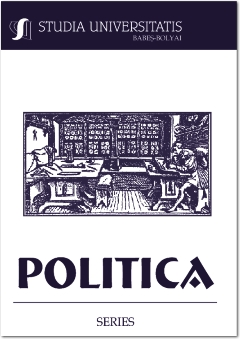


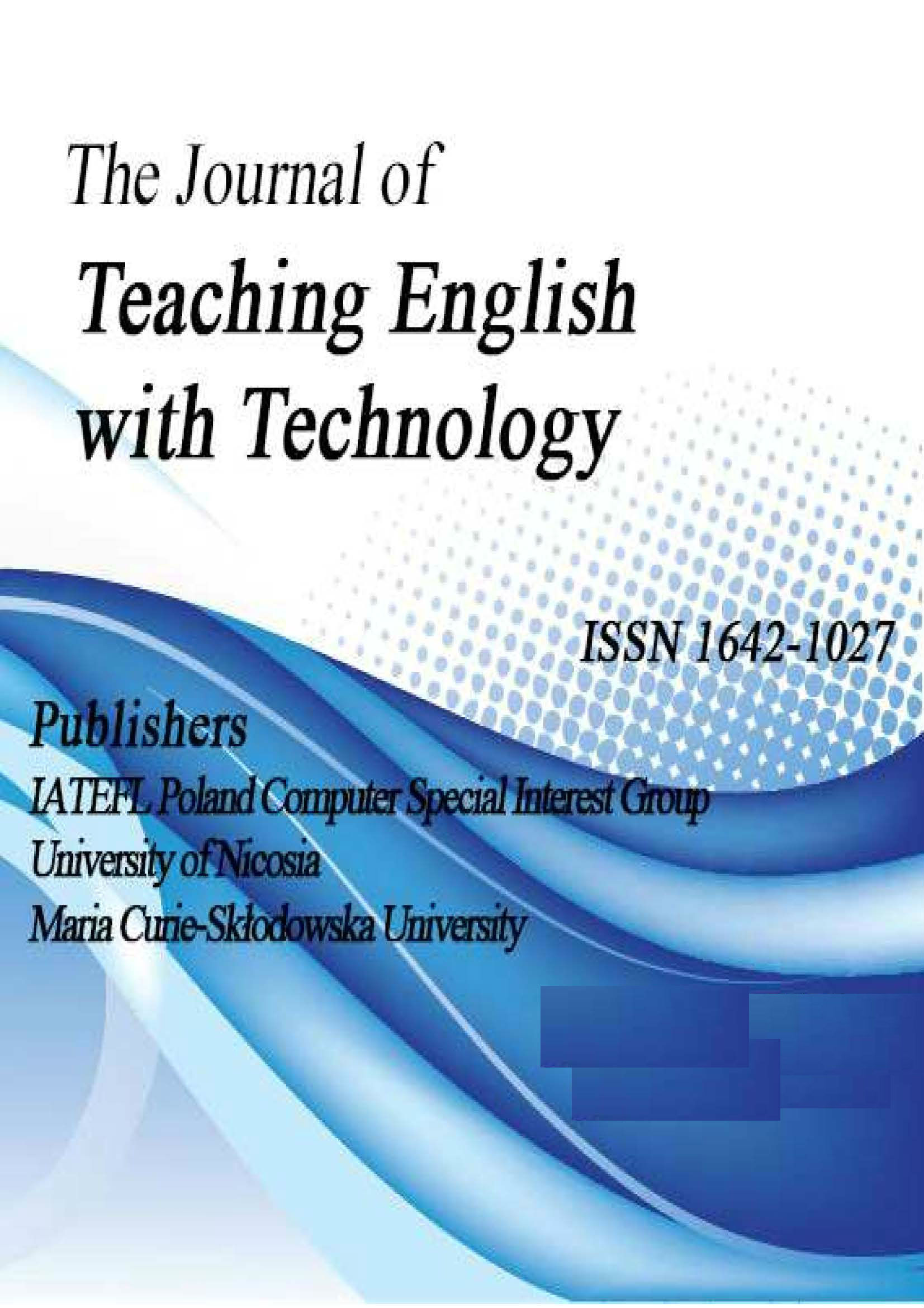
Keywords: video; reading instruction
Students often struggle throughout the reading process and are not aware of how they are reading. While reading instruction dialogue has been around for many years, it has mostly focused on traditional face-to-face methods of modeling and feedback. Technology can play a role in reading instruction by offering teachers and students the option of using video to help motivate students to read, to showcase student readings, as well as to show students what they are doing as they read. This study will present and review strategies using readingcasts, dramatic read-alongs, digital booktalks, recorded video of students reading for feedback, and video feedforwarding.
More...
Keywords: assessment; language teaching; online learning; perceptions; portfolio
Portfolio assessment has been implemented in many core disciplines for quality assurance and consistent assessment of learner outcomes. For English language learning, for which varying proficiency levels of learners exist, portfolios are suggested to assess individual learners’ progress. The current study was carried out in an online English language course at a higher education institution in Turkey. After the portfolio implementation, the researcher collected learners’ perceptions regarding it as an assessment tool through open ended questions. The findings indicated that learners had very positive feelings towards portfolio use in the course because it helped them to see how they were using the target language. They were able to reflect on what they learned, acquired ownership of their work, and took responsibility of their learning process with enthusiasm and enhanced motivation towards the online English language course.
More...
Keywords: large classes; technology; engagement
Assessing oral skills in relatively large Business English classes seems a most formidable task for any teacher. How does one make sure to get multiple and valid assessments of each student? This action research paper provides supporting evidence for the correlation between the use of technology and students’ engagement. This was achieved by creating and implementing a course which aims at motivating, promoting and assessing oral communication skills. Students are required to use various channels, including video recordings to demonstrate their communication abilities. This framework enables students and instructors alike to overcome the challenges of large classes.
More...
Keywords: corrective feedback; e-portfolio; micro-components; overall writing
This paper aims at accentuating and exploring the effect of using electronic portfolio (EP) platform in providing corrective feedback (CF) on EFL students’ overall and micro-componential writing performance. Moreover, by conducting a semi-structured interview, the study seeks to obtain students’ attitudes towards the use of EP in three aspects, namely awareness, work/activity, and pros and cons. A total of 34 intermediate EFL students ranging from 20-25 years of age participated in this study. While students in the experimental group (N=17) received their corrective feedback via EP, the control group’s (N=17) writing assignments were corrected using traditional paper-and-pen portfolio. An EP platform was designed using DOKEOS environment during eight instructional sessions. The results of this investigation revealed that providing corrective feedback on EFL students’ writing via EP has a constructive effect on students’ overall writing performance (p=.02) and on writing micro-components except for idea development and idea wrap-up. The information obtained from the interview indicated that the EFL students developed affirmative attitudes towards the three aspects of using EP, namely, awareness, work/activity, and pros and cons. The findings of this study bear some implications for material developers and writing teachers and highlight the effective role EP plays in expediting CF on students’ writing and equipping them with the ubiquitous technology to get involved in writing activities with a positive standpoint.
More...
Keywords: online dictionaries; strategy training; learner autonomy
Due to EFL undergraduate students’ ineffective learning strategies, which mirror lack of autonomy, this paper is a pilot study into how use of Cambridge Dictionaries Online can affect undergraduate students’ autonomy or self-reliance in a Thai EFL context. The link was selectively integrated in a writing classroom as a tool to improve their English during writing assignments because it appears to be more comprehensive than others. Seventy three students participated in the study and completed a questionnaire based on arguments that new generations or young learners can relate themselves to the link viewed as learning technology and in turn possess positive attitude toward and motivation in learning English autonomously. Although the quantitative results are positive to some extent, they offer some directions for EFL teachers to guide their students in moving toward autonomy. Limitation and recommendations for future study are provided.
More...
Keywords: ICT; EFL teachers’ perceptions; ELT; motivation; barriers
This study focused on identifying EFL teachers’ perceptions on the use of ICT in their teaching. A number of 42 EFL teachers from two state universities in Indonesia were involved. A closed-ended questionnaire based on the Technology Acceptance Model (TAM) (Davis, Bagozzi, and Warshaw, 1989) was distributed and interviews were conducted. The findings revealed that 31 teacher users were found to have high motivation to use ICT because they believe that it is important in ELT as it makes learning enjoyable, interesting, and effective, among other constructive outcomes. Meanwhile, even though the other 11 teacher non-users were aware that the use of ICT is becoming more essential nowadays, their motivation remains low. Their barriers were rooted from the lack of training and support, either financial or non-financial, from their work environment. Therefore, these barriers should become a priority for institutions to overcome, considering that ICT provides unlimited sources of information in ELT and teachers must be prepared to face new challenges in education and technology that are present today.
More...
Keywords: Online social networks; Facebook; Computer-Mediated Communication
Social Networking Sites (SNS) such as Facebook (FB) are currently highly used by students because technology has the potential to become a valuable resource to support their educational communications and collaborations. This paper attempts to present a comprehensive picture of what has been investigated in terms of the use of Facebook as an online English language-learning environment and inquires whether this learning model can enhance students’ learning of English. It also aims to explore the students’ perceptions towards learning English in the Facebook context following four treatments, language improvement, confidence, motivation and attitude. The sample who participated in the study was N=65, in the department of English language and translation enrolled in a B.A program. Findings revealed that the EFL students believe that FB as an online learning environment facilitates, supports, and encourages their English language learning. In addition, the findings indicate that students’ motivation and confidence towards English language learning improved via FB. The study also revealed that students had a positive attitude towards this learning model. In light of the findings of the study, it is recommended that TEFL teachers should plan learning classes that use SNS such as Facebook as a learning platform.
More...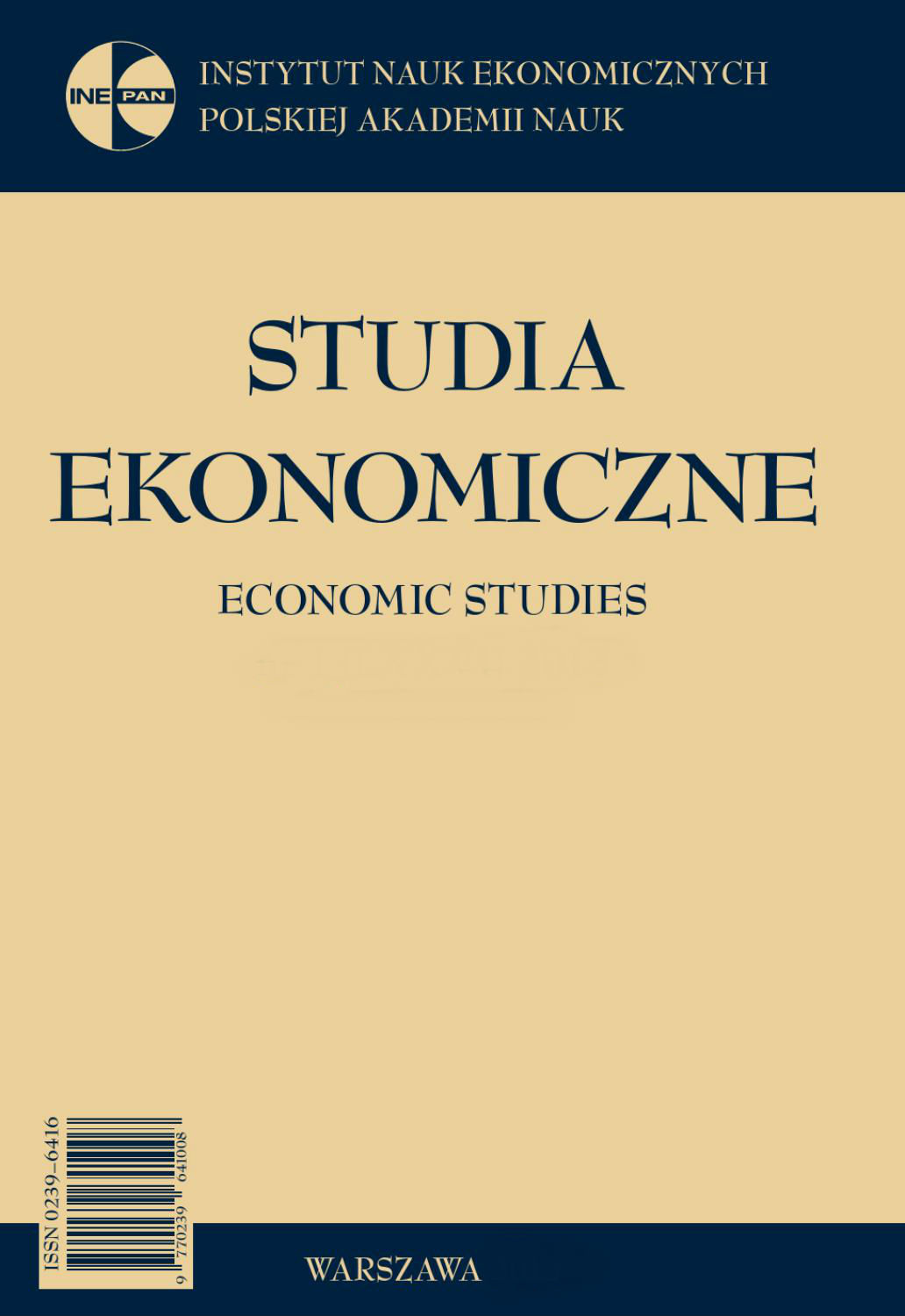
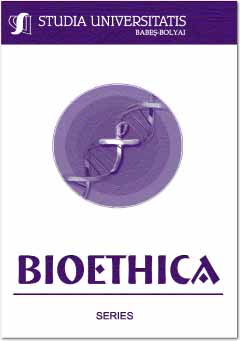
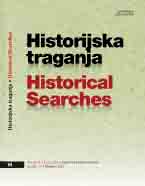
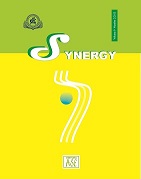
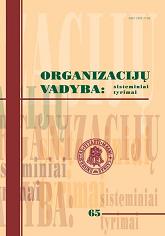

Keywords: epistemology; ethnography; ‘observing participants’; positionality; youth drinking culture
Increasingly, ethnographic methods in the social sciences are being robbed of their capacity to research problematic social groups given the increased “risk governance” to ethical and methodological practices. Positivism and constructing objective realities of these groups has become the order of the day, which has resulted in a ‘conceptual distance’ from these kinds of social groups. In this article, we advocate for a return to subjectivity using ethnography, and do so through highlighting examples from our experience from numerous projects undertaken with different youth cultures where alcohol is central to individual identities and collective social norms. We show, on the one hand, that this kind of research is possible but it requires the researcher to adopt versatility and fieldwork flexibility, while on the other, in some ways to abandon their ethical conceptions of what they are expected to objectively do and instead engage with the group under study. In the paper, we challenge various ethical and methodological dilemmas related to this kind of research.
More...
Keywords: alcohol use; cultural revitalisation; post-Soviet identification; Sakha culture; shamanism; Siberia
This paper exploits the interconnections between alcohol use and politics, to examine changing forms of Sakha identification in the Sakha people’s northeast Siberian Republic, Sakha (Yakutia). The Sakha people are an indi-genous Siberian community; their territories have been under Russian administration since the early seventeenth century. The public event that is this paper’s main focus – the Yhyakh – is a shamanic ritual, which has come to be regarded as a quintessential traditional Sakha practice. Like many other non-Russian communities across the Soviet Union, the Sakha people have been experiencing a cultural revival, in the wake of an intensive attempt at cultural homogenisation during the Soviet era. Moderate Sakha nationalist politicians enjoyed a heady period of political dominance during the 1990s, which ceased with the advent of the Putin administrations. The Sakha people have since then watched the political and economic power of the Sakha nationalist movement fade into nothing, as the central government in Moscow has re-asserted its dominance over the Russian Federation’s subject regions. This brief examination of alcohol consumption at the Yhyakh reveals the emergence of new conventions and discussions surrounding pleasure-seeking, physical discipline, and ethnic identification. It shows how the Sakha identification for many has become integrated into projects of personal reformation, as part of a broader acceptance of the Sakha national revival and its aims. The Yhyakh has become a fulcrum for the physical, spiritual and moral aspirations of a nationalist movement that can no longer exert a political influence, but is nonetheless capable of shaping aesthetic and moral values, and physical practice.
More...
For Westerners Eastern Europe / Russia / Soviet Union have always been associated with spontaneous, enormous, and exotic alcohol consumption. However, at a closer look, controversies surrounding alcohol consumption in Western societies are not dissimilar. Let us take, for example, the (former) Soviet Union. The drinking of alcohol in the Soviet Union was seen as deviant (Dragadze 1994). However, people in the Soviet Union drank heavily, even in Islamic republics (Smith 1976). When ‘Russian drinking’ was considered the ‘bad drinking’, then Georgians from Caucasia accorded the term ‘good drinking’, doing it in a controlled way, combining it with ritualistic toasting (Dragadze 1994; Scott 2012). The Bolshevik/Communist enlightenment mission in Siberia had the ambition to bring ‘culture’ or kul’tura to the ‘backward’ peoples of the region. Habeck theorises that the ‘format of culture’ helped to import European values into Soviet life. Apart from hygiene and illiteracy, the Bolsheviks were also concerned with fighting alcoholism. These values constitute the essence of kul’tura. The irony is that the Soviet state was built on and around alcohol: consuming alcohol was essential to the social life, as was the state monopoly on alcohol for the budget. All these controversies are also reflected in the historical development of the alcohol culture in the region in which we have both carried out fieldwork – the Republic of Sakha in the Russian Far East.
More...

We initiated the Arctic workshops at the University of Tartu, Estonia, in 2010. The first three meetings concentrated on discussing the problems of movement in the North. The fourth workshop, Drinking and Driving Is So Much Fun, was held from May 31 to June 1, 2013. The progression from one theme to another does not make much sense at first glance. In general, the Arctic region remained in the focus of our forum and the title of the workshop suggests movement, but actually, what is the connection? The title served as an academic provocation and also indicated how the participants perceived it. We adopted the idea for our workshop title from the song Drinking and Driving, which was recorded by a British punk band, The Business, in the late 1970s, and became an instant hit among beer-loving punks. The song associated drinking with fun and collective action (to put it mildly), demonstrating that beer-drinking can be evaluated as a process involving positive social meaning. At the same time, the organisers also attempted to initiate discussion about the integration of ambivalent alcohol experiences and narratives into anthropological research.
More...
Krischke, Ulrike. The Old English Complex Plant Names: A Linguistic Survey and a Catalogue. Frankfurt: Peter Lang, 2013. 486 pp.
More...